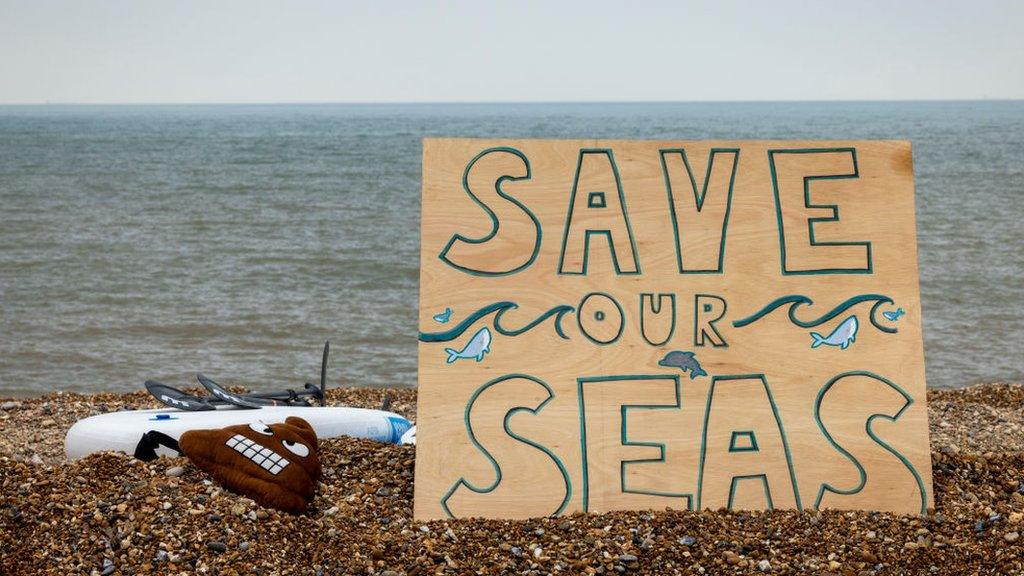Welsh Water: Illegal sewage spills inevitable, says Dŵr Cymru
- Published
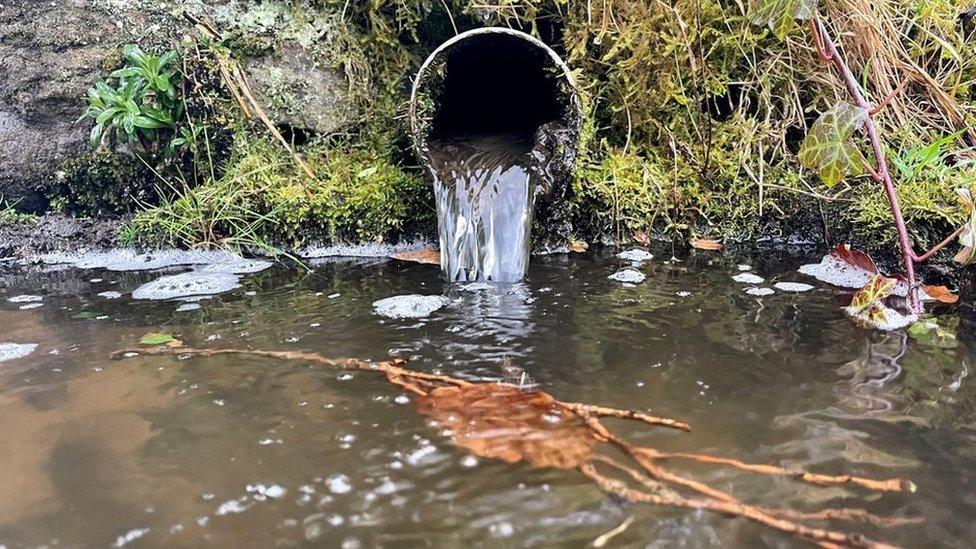
Dŵr Cymru said its investment will ensure the improvements that are needed by 2030 are made
The illegal discharge of untreated sewage by Dŵr Cymru was "inevitable" given the scale and age of its infrastructure, the water firm's bosses have said.
Last month Dŵr Cymru admitted breaching dozens of permits.
However, in the Senedd on Thursday, its chief executive insisted the company had been "open and transparent".
Peter Perry said work was being carried out to address the areas where issues had been raised.
Yet water regulator Ofwat's chief executive accused the firm, which is also known as Welsh Water, of being "much less ambitious" than companies in England in reducing the level and number of sewage spills.
David Black told the Senedd's environment committee that Dŵr Cymru "don't really have a plan which will deliver meaningful reductions by 2030" and has "major issues to address in terms of waste water investment" and "equally in improving the resilience of their networks and treatment systems".
The company's chief executive Mr Perry was asked about the illegal discharge of untreated water from combined sewer overflows (CSOs) and said that the breached permits amounted to around 6% of the 3,500 permits it holds.
"With that number of permits, with 36,000 kilometres of sewers, 830 sewage works, 2,500 pumping stations, and 2,500 CSOs, it's inevitable with an imperfect infrastructure you're going to find things," he said.
"But we've always had a policy of being totally open and transparent. When we find those problems we flag them."
Mr Perry acknowledged the permit breaches were illegal, but added the company had never acted in an "underhand" way.
He explained that investment was in place to make the necessary improvements by 2030.
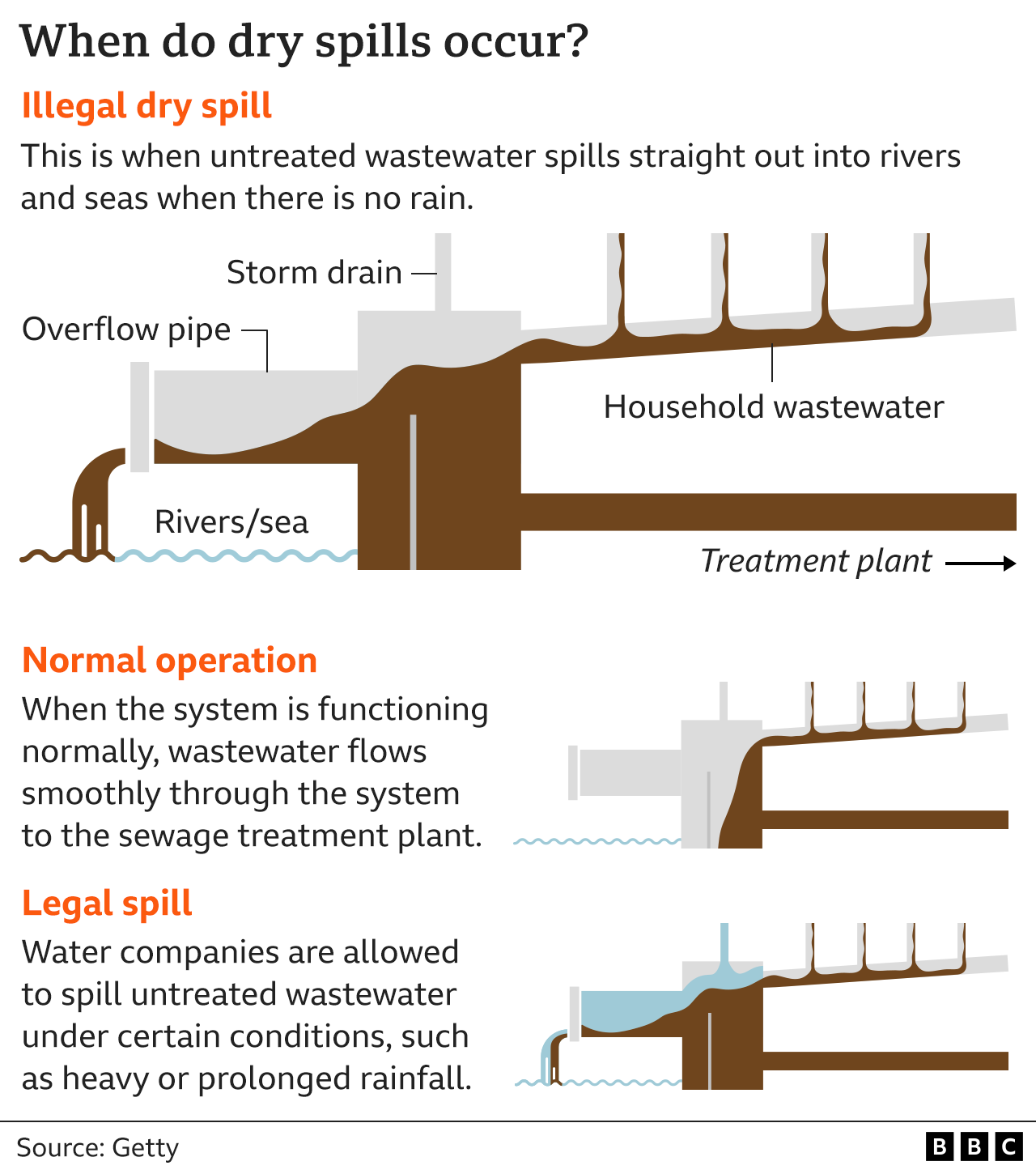
Mr Perry was also asked about Dŵr Cymru's wider performance, after the company's rating was downgraded by Natural Resources Wales (NRW) and described as "lagging" by Ofwat.
Mr Perry said the company was "very disappointed" to have its rating downgraded but that plans were in place to "recover our performance".
He put the company's difficulties down to its ageing infrastructure and the impact of climate change.
Dŵr Cymru's chief financial officer Mike Davis told the committee the company was investing £3.5bn by 2030.
That figure was later questioned by a senior NRW official.
Mr Davis said the water company could invest more but that it needed to be mindful of the impact on customers' bills.
"Our bills are high. We are serving some of the most deprived communities anywhere in England or Wales.
"Bill increases has to be a balance for us and if you look at the bill increases we've proposed compared to other companies, they are much more modest.
"It's because of that trade-off what we have to do," he said.
Mr Davis also explained the money being spent would be recovered over 25 years "so the actual bill impact is quite small".
'Lack of historic investment'
Dŵr Cymru's bills are amongst the highest in England and Wales.
Mr Davis said that was largely down to the lack of historic investment in coastal sewage treatment which affects Dŵr Cymru in particular.
Environmental watchdog NRW later denied that it had failed to hold Dŵr Cymru's "feet to the fire".
NRW executive director of operations Gareth O'Shea said the processes it followed were responsible for the water firm committing itself to what he called a "record" investment programme.
But he added: "I would say a figure of £1.2bn of capital investment.
"I know why the water company would use a three and a half figure [£3.5bn] because they'd include maintenance, but that's at record levels to deal with some of the issues that we get and it is that regulatory process that has got us to that."
Related topics
- Published19 October 2023
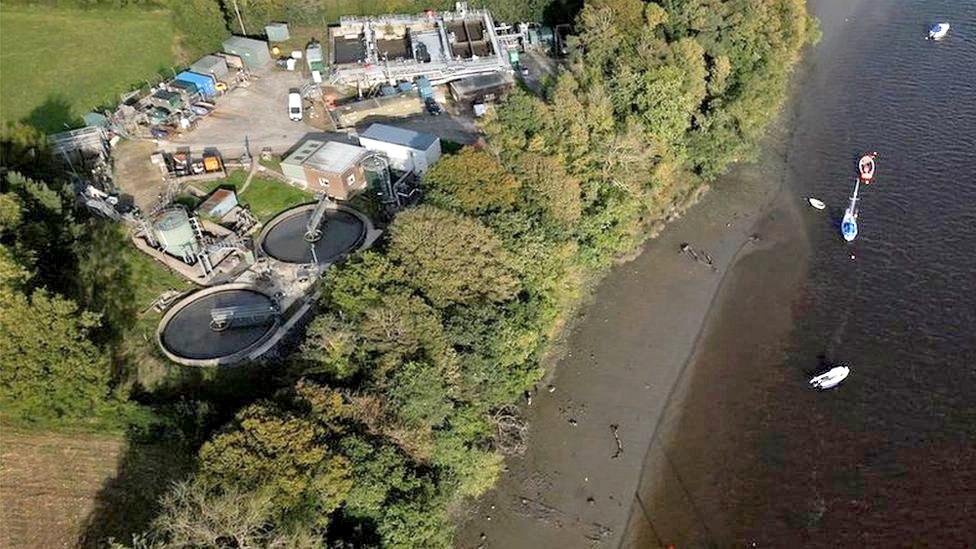
- Published19 October 2023
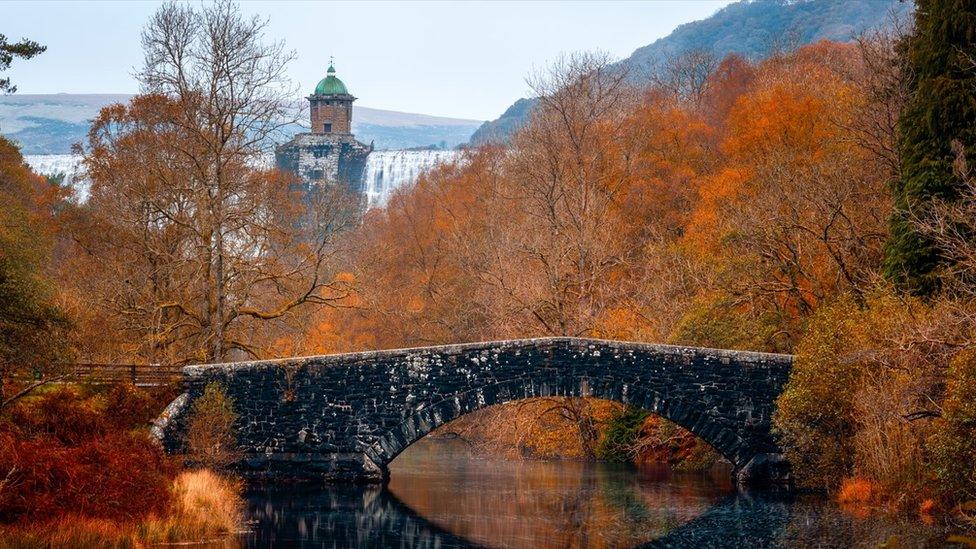
- Published5 September 2023

